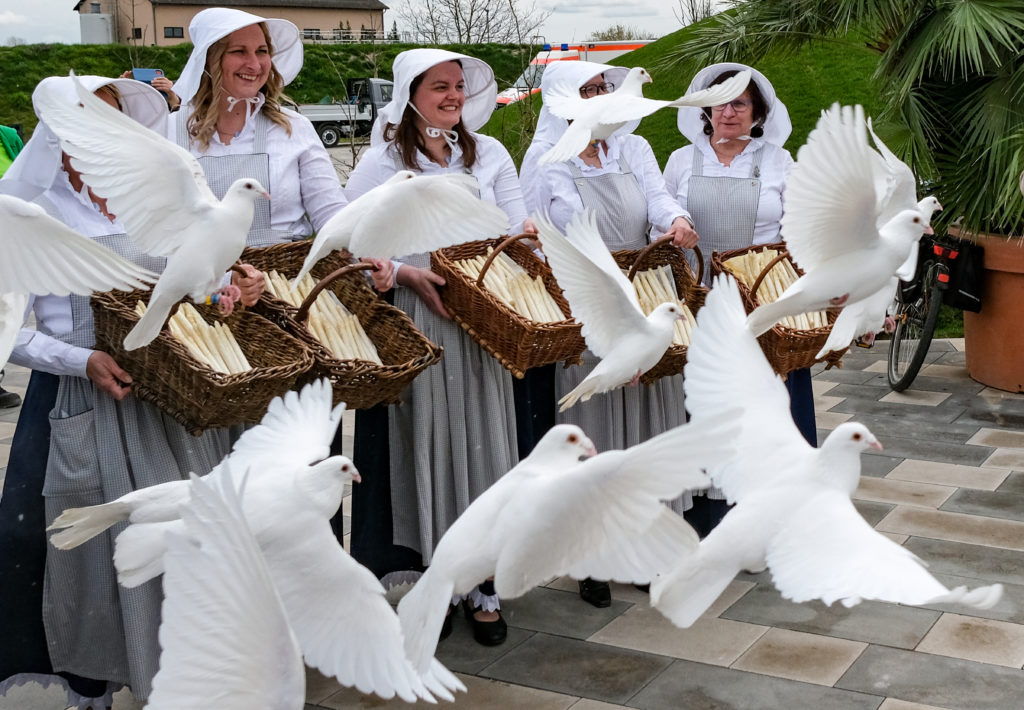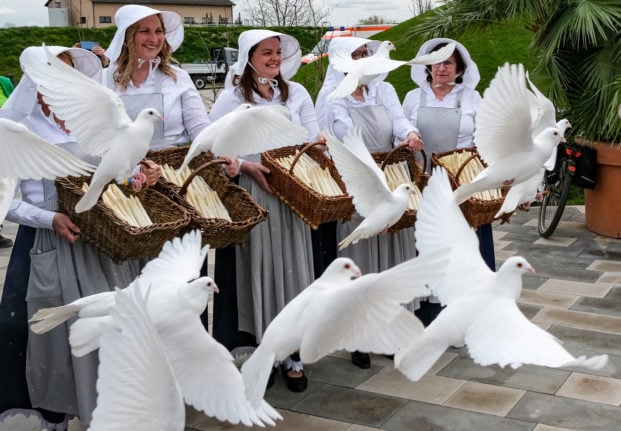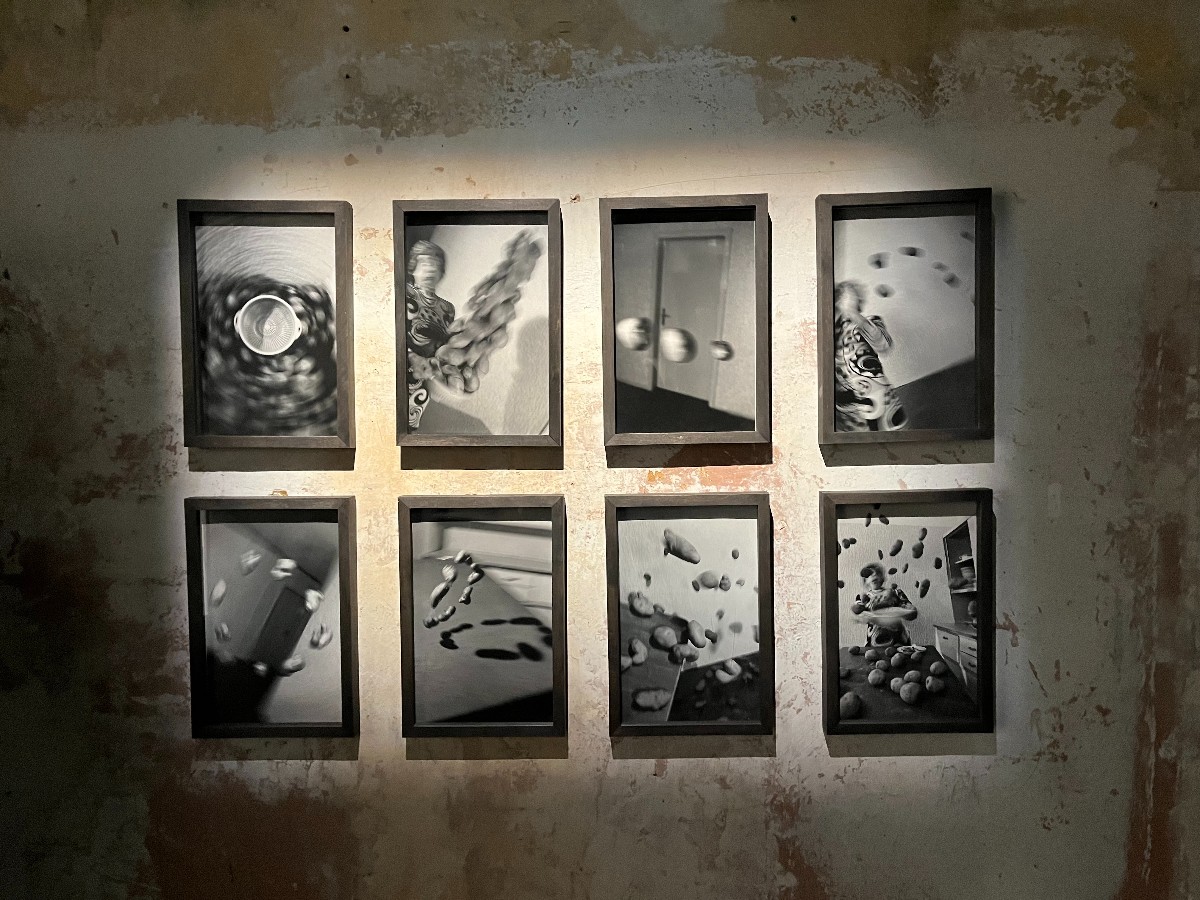German government under fire over heavy weapons
Two months into Russia’s invasion of Ukraine, the conflict is still causing headaches for the German government. This week, Chancellor Olaf Scholz (SPD) found himself in the proverbial firing line over his continued refusal to send heavy weapons to Ukraine. According to Scholz, the German military simply doesn’t have enough tanks and heavy artillery to provide to the war-torn nation – and he fears the delivery of such weapons could lead to an “uncontrollable escalation”.
Critics such as Ukrainian Ambassador Andriy Melnyk pointed out that the Bundeswehr has at least 100 Marder tanks that are used for training and which could be handed over straight away. Others accused Scholz of a “lack of leadership”. Like many of Germany’s decisions in the conflict so far, the end result was a kind of fudge: while Europe’s largest economy won’t send the heavy weapons itself, it will replace the stocks of other countries that choose to do so.
Tweet of the week
The humble Döner Kebab has to be the most iconic example of German-Turkish fusion cuisine – but who knew it could also be the subject of a criminal investigation? We personally can’t wait for the writers of cult crime drama Tatort to take inspiration from this case and air an episode about the notorious Döner attacker.
Yesterday a man was arrested for throwing a donner kebab at a security guard in Berlin Neukölln.
This photo was taken by the police for evidence. pic.twitter.com/c5uVV49Yiz
— James Jackson (@derJamesJackson) April 20, 2022
Where is this?

Spring in Germany can only mean one thing: the start of Spargelzeit, where white asparagus is served with every meal imaginable. Beelitz, a famous Spargel town in Brandenburg, opened its garden show this month in a grand ceremony complete with white doves and Spargelfrauen in traditional garb.
Did you know?
Saturday is World Book and Copyright Day, a special day established by the UN to promote both the joys of reading and the publishing industry. But did you know that Germany played a key role in laying the groundwork for our modern book industry, way back in the Middle Ages?
In the 1440s, metalworker Johannes Gutenberg used his skills to build Europe’s very first printing press with movable type and later used it to publish the continent’s first mass-printed book: the Gutenberg Bible. His invention is credited with helping to bring literacy and education to the masses, and today his name is associated with the first online digital library, Project Gutenberg, where you can download a number of classic books for free.
This article is also sent out as a weekly newsletter just to members every Saturday. To sign up and get it straight into your inbox just go to your newsletter preferences.




 Please whitelist us to continue reading.
Please whitelist us to continue reading.
Member comments